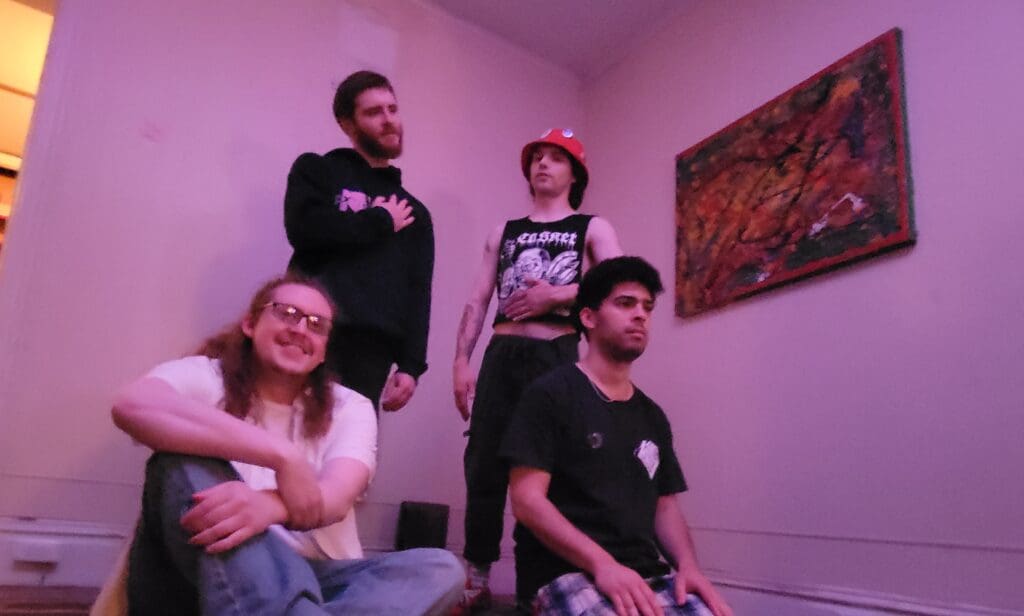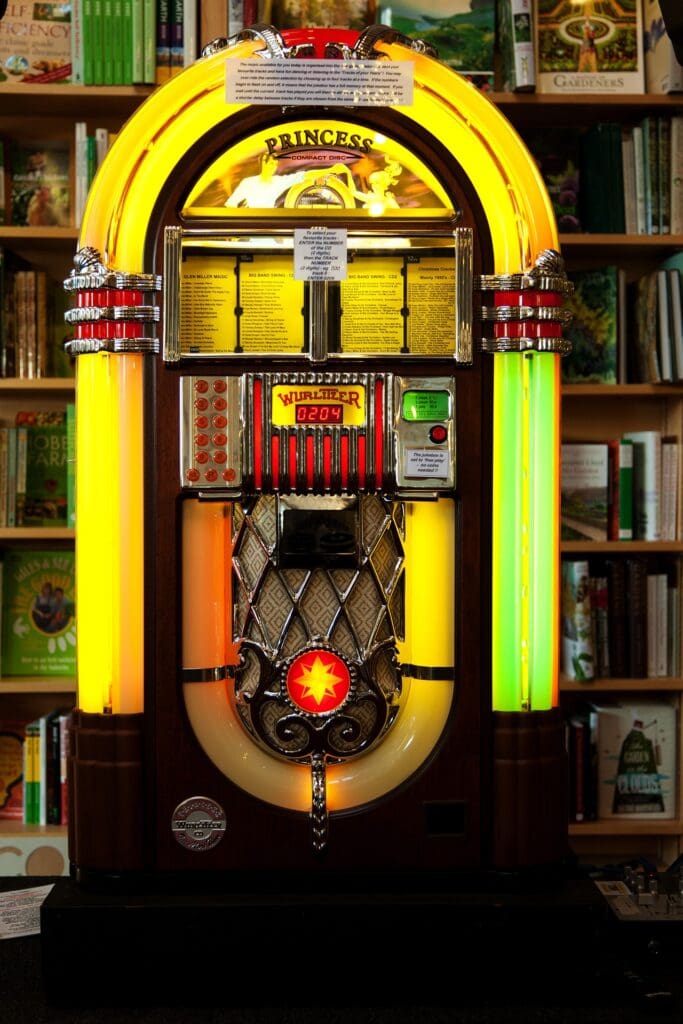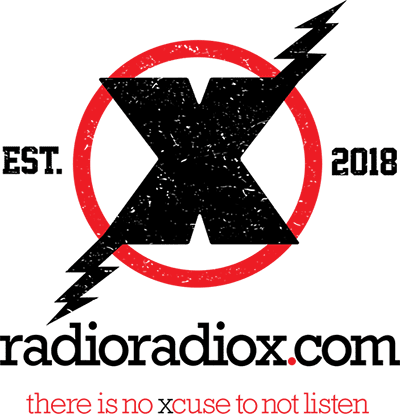Seth Rosenbloom – An Xperience Interview
Written by Staff on November 8, 2024
Seth Rosenbloom – An Xperience Interview – by Liam Sweeny.
RRX: Let’s start with the moment in your life that you really started playing. Did you start playing the blues on guitar to learn the guitar, or did you play something else on the guitar but then discover the blues later?
SR: It was kind of a little of both. Starting off, I played the violin growing up. My dad was concertmaster of the Boston Ballet, and played with the Boston Pops and Symphony. And my mom played violin, too. So I started on violin at like three or four. And then picked up guitar around 11, right when the movie “School of Rock” came out – saw that in theaters and was like, “I wanna do that.” As a kid, my mom exposed me to the Beatles and Motown stuff; Elvis through my mom and grandmother. I had that blues-adjacent stuff, and the first I really got into was Elvis and then the British Invasion – a little dose of Zeppelin, a little dose of Cream. All that, I usually call it blues-adjacent, where it’s kind of blues, but it’s not. And from there, I pretty quickly got into a lot of rock and metal stuff. So if you would ask 12 to 13-year-old me my favorite band, it was Metallica. It was Dream Theater. It was all that stuff, and it was shred guitar, and Guitar Hero stuff. And I think the the turn towards the blues was really when I was 13, and I really wanted to go to a Dream Theater show in Boston at the Orpheum, and my parents said, “Well, no way you’re going alone.” And my mom said, “Tell you what, I’ll take you, I’ll buy you tickets if you go to any show that I pick.” And they were trying to get me a little less interested in the hard rock and metal stuff and push me in another direction. She saw – I think it was an article in the Boston Globe arts section of an up-and-coming blues guitar player, Sculler’s Jazz Club, the old Upstairs Scholars – and it was Joe Bonamassa circa 2006, probably when he was still playing clubs. And that was the moment where it’s like, “Hey, I like that and that’s cool.” Like I just didn’t have a sense of what blues was or could be at that point. And that really sparked it for me. It was still a few years before I totally went that direction. But that was definitely the moment that catapulted it.
RRX: One thing that everybody can agree on with the blues, is that it has a history. If you listen to any kind of other music, you talk about history, you’re talking about a band; this band before that band, all the way to the first band that ever did that. With the blues, you’re talking about a crossroads deal with the Devil. You’re talking about something that is very biblical. How do you, when you’re playing, try to pay homage to that? Like is there a way, through playing, to pay homage to the old Delta, the old Chicago blues, and that tradition?
SR: I think everything comes back to that because as I went down rabbit hole after rabbit hole, I very much feel like I discovered a lot of blues backward, in the sense that I was into Stevie before I was into Albert King. And then listening to Albert King was like, “Oh, that’s where all, that stuff comes from.” I’ve often been asked, “Who do you consider the most influential guitar players of the last 50-75 years?” And to me, there are three that changed the world, totally. The most recent is probably Eddie Van Halen. Nothing was the same after that first Van Halen record. Obviously, Hendrix. But then the one that I always point to, that I think some people push back on, is T-Bone Walker. You can look to others, but without T-Bone Walker, you don’t have Clapton, you don’t have Stevie, you don’t have early BB King. And the way that I look at that kind of lineage, and trying to bring it forward is, I think as any individual artist, you are a sum of your influences. I’m always trying to have my own voice. But when I’m playing, I hear the nods to T-Bone Walker, or the nods to BB King, or the nods to whoever it is. Albert King too, for me. But I I hear all those in my playing, and it’s the music I love listening to. That stuff I always, you know, wanna try to channel.
RRX: The blues are an evolution. We’re evolving from all the people you just said, up to the current day, where we’re adapting their sound and making it new. So let’s say that the blues is a continuum. Take any other style of music, whether it was spawned from the blues or not, and if the blues was going a certain way, evolving, what style of music do you think would be the most interesting one that becomes the hybrid of blues and that, like, blues slash it?
SR: That’s a really good question. I feel like the one that, at this point, is done plenty is the blues rock thing where it’s the mixture with rock. I think if I had to pick my kind of favorites, it’s a lot of the R&B and soul blues stuff for sure. And that has obviously been around for a long time, but it really came back into the forefront with some newer artists. I think there’s been this interesting thing in maybe the last five years or so, where it’s felt like a lot of recorded music – even in country and blues – a lot of genres that were very raw, very real, went the route of being overproduced and really shiny and everything. And I think the thing that I’ve seen in both of those in recent years, is this return to not trying for perfection but trying to go for the attitude and the energy behind it. I think there’s a lot of crossover there with blues and country that just happens naturally with how they evolved.
RRX: Last question is, uh, what’s your sweetest gear combination?
SR: Oh, sweetest gear combination. The number one guitar I’ve had for almost seven years now is a 1956 Strat. There are a lot of pedals I love and those come in and out. But that Strat, that’s been doing it for me for the last, probably almost a year now, and I have it here in California with me right now. I like the old stuff. I like tube amps. And that’s the guitar I kinda have bonded with the most, but I’m not the pickiest. I feel like at the end of the day, I can kinda get my sound out of whatever I’m playing through.





 RadioRadioX
RadioRadioX